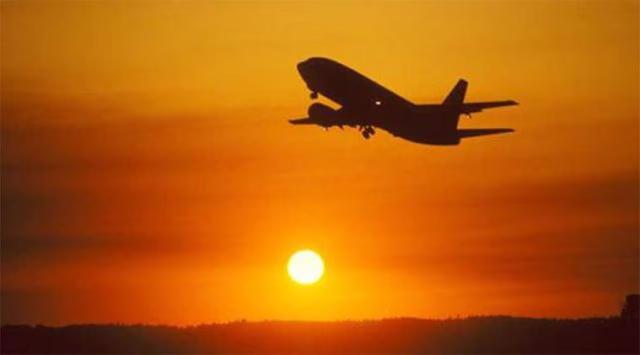
Class 12 Physics & Math requirement for becoming commercial pilot might be scrapped: Report
The Directorate General of Civil Aviation (DGCA) is planning to scrap the current rule that requires students to have studied Physics and Math in Class 12 to be eligible for commercial pilot licence training. This move is expected to open up the doors for students from all streams, including Arts and Commerce, to pursue a career in commercial aviation.
In India, commercial pilot training has been restricted to Science and Math students since the mid-1990s. This rule was put in place to ensure that pilots had a strong foundation in science and mathematics, which are essential subjects for understanding the complex concepts of aerodynamics, navigation, and aircraft operation.
However, according to a recent report by the Times of India, the DGCA is considering relaxing this rule to make commercial pilot training more inclusive. The report suggests that the DGCA is planning to amend the existing regulations to allow students from all streams to pursue a career in commercial aviation.
The decision to scrap the Physics and Math requirement is expected to benefit thousands of students who may not have had the opportunity to pursue a career in commercial aviation due to the existing rule. This move is also expected to increase the diversity of pilots in the industry, making it more inclusive and representative of the society we live in.
The DGCA’s decision is based on the assumption that the skills and knowledge required to become a commercial pilot are not limited to students who have studied Physics and Math in Class 12. The report suggests that the DGCA is considering introducing a new system of evaluation that will assess a student’s aptitude and skills in areas such as problem-solving, communication, and leadership, rather than just their academic qualifications.
The move is also expected to benefit the aviation industry, which is facing a shortage of pilots. The International Air Transport Association (IATA) has projected that the global aviation industry will need an additional 790,000 pilots by 2038. Relaxing the Physics and Math requirement is expected to increase the pool of potential pilots, making it easier for the industry to meet its demand.
The decision to scrap the Physics and Math requirement is not without its challenges. The DGCA will need to develop a new system of evaluation that can assess the aptitude and skills of students from all streams. The agency will also need to ensure that the training programs for commercial pilots are designed to meet the needs of students who may not have a strong foundation in science and mathematics.
Despite these challenges, the move is expected to have a positive impact on the aviation industry and the students who aspire to become commercial pilots. The DGCA’s decision to scrap the Physics and Math requirement is a step towards making commercial pilot training more inclusive and representative of the society we live in.






